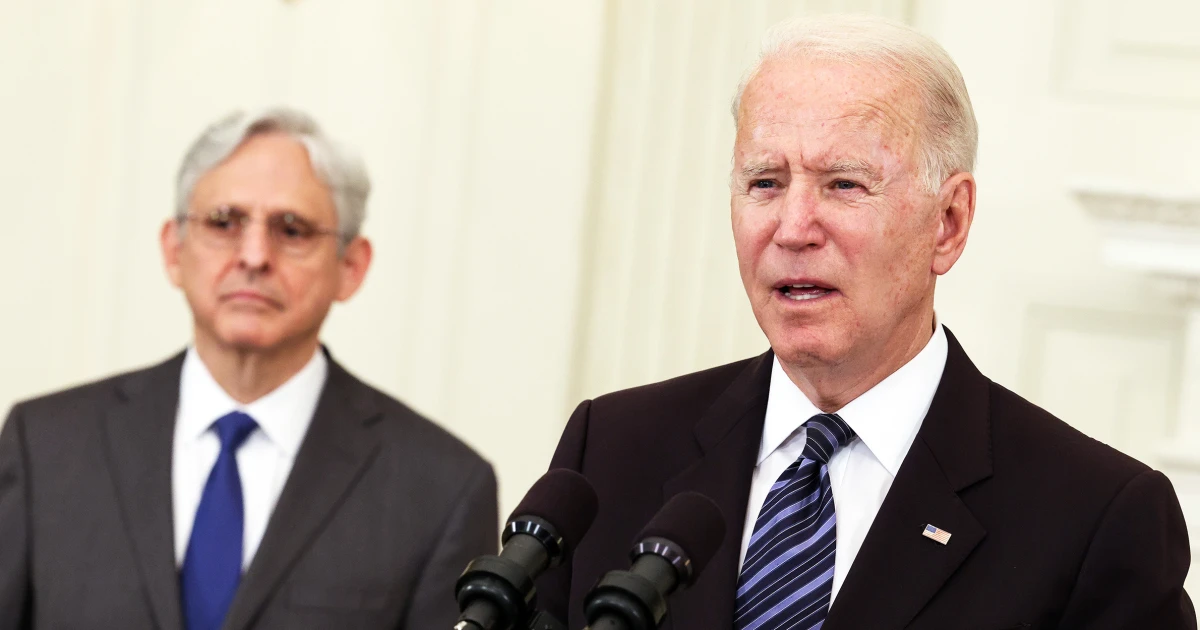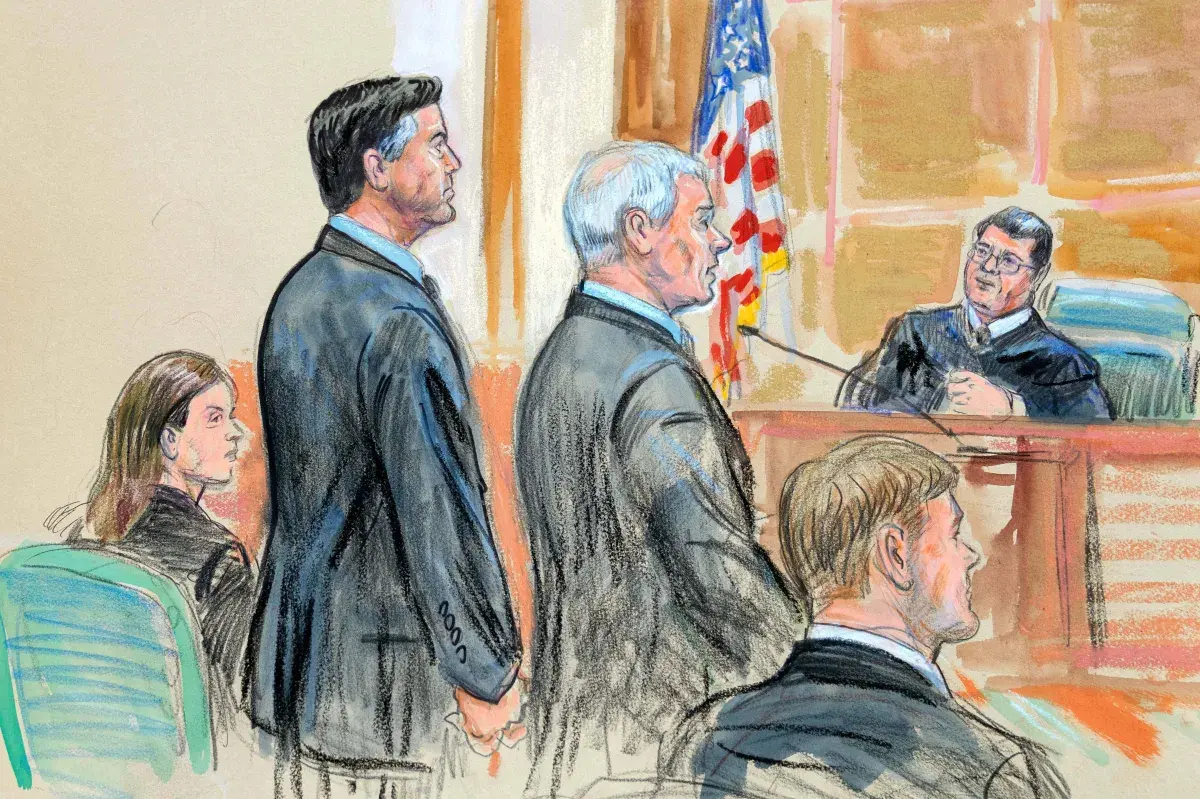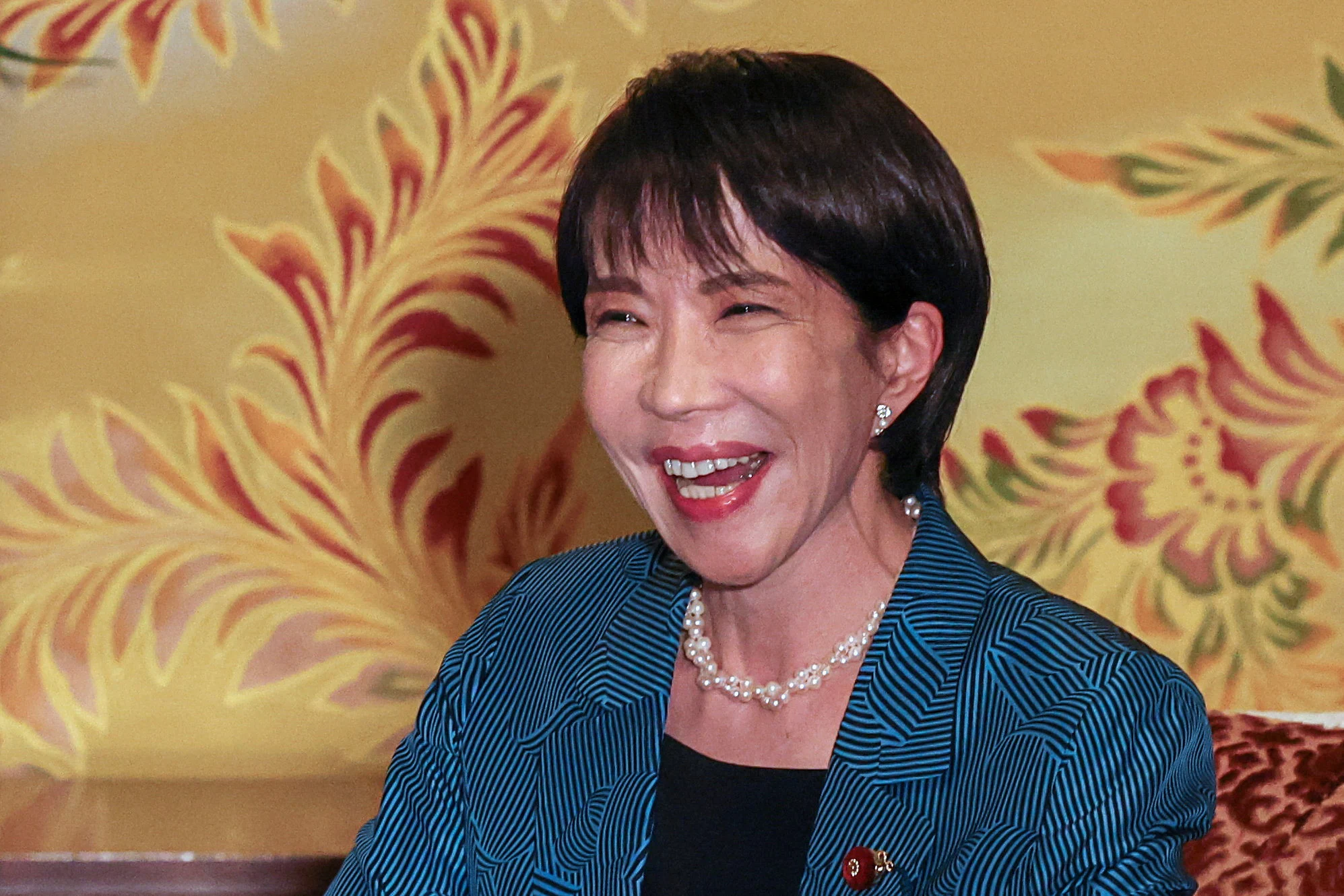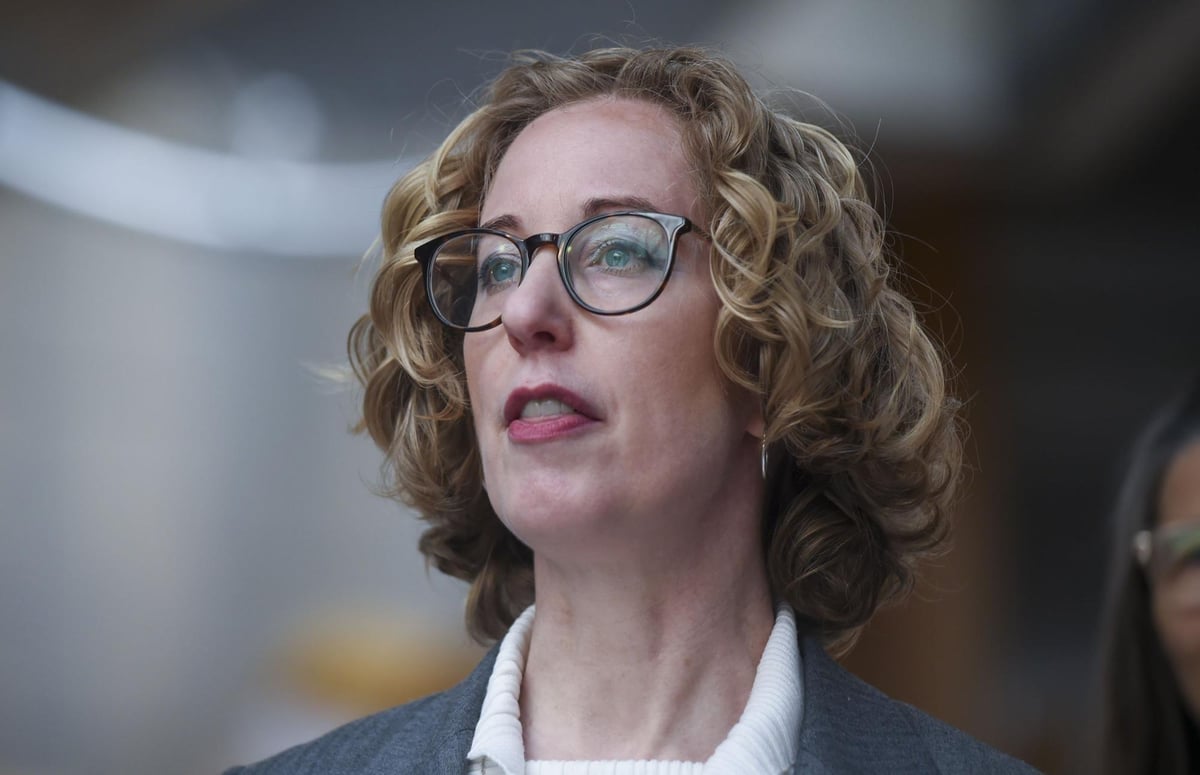Copyright MSNBC

Acting on a mix of principle and caution, Justice Department officials under former President Joe Biden made a series of decisions that significantly delayed and ultimately may have hampered the federal criminal investigations into President Donald Trump, according to a new book. The slow decision-making at the top of Attorney General Merrick Garland’s Justice Department affected two major probes into Trump after he lost the White House in 2020: whether he illegally possessed and obstructed the retrieval of classified documents at his Mar-a-Lago residence, and whether he conspired illegally to overturn the 2020 election. Far from rushing the Trump cases, FBI and Justice Department officials chose to move cautiously and slowly over concerns about the implications of investigating a former and possibly future president, taking pains to insulate the probes from even the appearance of politics. Details of the debates inside the Justice Department — and their impact on the Trump investigations, which both sputtered for different reasons — were revealed as part of a new book, “Injustice: How Politics and Fear Vanquished America’s Justice Department” by MSNBC investigative correspondent Carol Leonnig and Washington Post reporter Aaron C. Davis. MSNBC obtained excerpts of the book before it was published. The picture painted of a hesitant Justice Department runs contrary to the GOP allegation that the federal indictments of Trump by special counsel Jack Smith were the product of a Democrat-led plot to weaponize the Justice Department. Instead, the book depicts example after example of the opposite happening. For instance, it took more than a year after Trump was defeated for the Justice Department to convene a grand jury to hear evidence in the alleged criminal scheme by Trump to use fake electors to overturn the results of the 2020 election. And even after that grand jury was launched in January 2022, the FBI debated another 10 weeks before approving a memo formally opening that investigation, further delaying the gathering of evidence. After much “hand wringing” by FBI Director Chris Wray’s leadership team, the memo named the Trump campaign, but not Trump, as a subject of the investigation, the book says. In fall 2022, ahead of the midterm elections, Garland opted to freeze both the classified documents and election investigations because of what some officials believed was his overly cautious reading of a DOJ policy not to take any public action close to an election. Trump was not even on the ballot and had not yet declared his presidential candidacy for 2024. But Garland nonetheless imposed the freeze. Garland did not respond to a request for comment. His allies have long pushed back on the idea that his decisions imposed undue delays on the Trump investigations. “For months, investigators would have to wait to issue subpoenas or interview witnesses to gather new information,” the authors write, adding that Garland “had chosen to impose a very conservative interpretation of what DOJ officials called the 60-day rule,” urging prosecutors to avoid taking public investigative steps within two months of Election Day that involve candidates in that election. Ultimately, the Supreme Court imposed its own delay by issuing a historic presidential immunity ruling in 2024 that required Smith to rewrite and whittle down the election indictment, a series of events that proved fatal to the case once Trump won the November election. Smith dismissed that case after Trump won reelection because of a longstanding Justice policy against prosecuting sitting presidents. It’s an open question whether the election case could have gotten to trial before the November 2024 presidential election, had the DOJ moved faster. Furthermore, Smith made a strategic decision in the classified documents case that ultimately proved disastrous. According to Leonnig and Davis, Smith chose to bring the classified documents case in Florida instead of Washington, D.C., the authors write, in part because they believed more of the alleged criminal conduct happened in Florida. He made the decision after initially underestimating the chances of drawing Florida federal District Judge Aileen Cannon, a Trump appointee who had already issued a series of unusual rulings favorable to Trump in connection with the FBI search of Mar-a-Lago. Even after they learned the odds of her drawing the case were 1 in 3, Smith and his team stuck with their decision to indict Trump in Florida. Cannon eventually got the case, setting in motion a chain of events that led her to later dismiss it on what many legal experts say were highly questionable grounds. That excerpt from the Leonnig and Davis book appeared Monday in the Washington Post. Taken together, the decisions described by Leonnig and Davis show that Garland, Smith and others supervising the cases leading to the federal indictments against Trump were straining to give the former president every benefit afforded under DOJ norms and policies. They faced criticism then from Democrats who wanted them to move faster, but no evidence has surfaced showing that anyone from the White House imposed that sort of pressure. Nine months into the Trump administration, Trump allies have not produced evidence establishing that any decision in the cases was made for political reasons or that any White House official or Biden partisan had any influence over the investigations of Trump. In the book excerpts obtained by MSNBC, the authors also report: --Kash Patel, the future FBI director, backed away in a November 2022 closed-door grand jury testimony from his earlier public claims that the Mar-a-Lago documents probe was improper because he had personally witnessed Trump declassifying reams of documents en masse while he was still president and Patel was a senior White House aide. “After hours of testimony, prosecutors would later tell others in an update, Patel pulled back somewhat from his on air statements, saying he only knew about Trump’s efforts to declassify a specific set of documents, and didn’t know about the larger expanse of records found at Mar-a-Lago.” Patel has refused to comment on his testimony. --The leaders of the congressional investigation into the Jan. 6, 2021, attack, Reps. Bennie Thompson, D-Miss., and Liz Cheney, R-Wyo., initially refused to give the Justice Department full access to the evidence they had gathered, which also contributed to some delays in the election investigation. --A veteran national security prosecutor at the Justice Department, George Toscas, thought it was a mistake to name the same special counsel to investigate both the classified documents and election cases. “It’s going to look like the anti-Trump investigation,” Toscas said. At the White House’s instruction, Trump appointees removed Toscas from his national security position hours after Trump’s inauguration.



